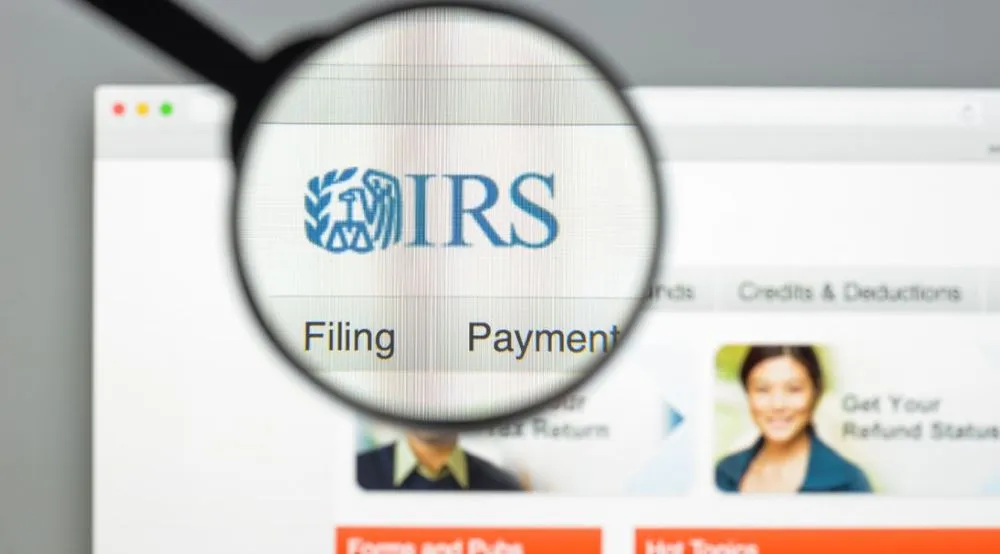Text scams leveraging IRS's name to steal info have ‘increased exponentially’
The Internal Revenue Service (IRS) published a warning on Wednesday that they have seen a recent increase in IRS-themed scams leveraging the agency’s name to steal financial information.
The IRS said in a release that it has “identified and reported thousands of fraudulent domains tied to multiple MMS/SMS/text scams (known as smishing) targeting taxpayers.”
Text scams involving IRS-themed messaged have “increased exponentially,” according to the IRS. In recent months, and especially in the last few weeks, IRS-themed smishing has risen sharply.
IRS Commissioner Chuck Rettig called this phishing “on an industrial scale,” leaving thousands of people at risk of receiving scam messages.
"In recent months, the IRS has reported multiple large-scale smishing campaigns that have delivered thousands — and even hundreds of thousands — of IRS-themed messages in hours or a few days, far exceeding previous levels of activity," Rettig said.
The scam text messages typically use lures about COVID-19 relief or tax credits. Others seek to help victims set up online IRS accounts.
The IRS reiterated that it will never send emails or text messages asking for personal information or financial data.
Data from the agency shows that the fall of 2020 is where the marked increase in smishing scams began.
“While the IRS works to shut down online fraud, criminals are using ever-evolving tactics to cast a wider net and catch more victims, like using algorithms to automatically generate hundreds or even thousands of fraudulent domains,” the IRS said.
“For example, a recent campaign used just three dozen stolen or bogus email addresses to create over 1,000 fraudulent domains.”
Rettig urged taxpayers and accountants to be wary of IRS-themed scams, adding that anyone can and should report anything fraudulent so they can work to source the scams.
On Tuesday, the Federal Communications Commission (FCC) began the formal process of taking public comment on ways it can help stop scam messages.
FCC Chairwoman Jessica Rosenworcel said “the American people are fed up with scam texts, and we need to use every tool we have to do something about it.”
“Recently, scam text messaging has become a growing threat to consumers’ wallets and privacy,” she said. “More can be done to address this growing problem and today we are formally starting an effort to take a serious, comprehensive, and fresh look at our policies for fighting unwanted robotexts.”
The notice of proposed rulemaking floated ideas like requiring mobile wireless providers to block texts at the network level based on a variety of criteria.
Jonathan Greig
is a Breaking News Reporter at Recorded Future News. Jonathan has worked across the globe as a journalist since 2014. Before moving back to New York City, he worked for news outlets in South Africa, Jordan and Cambodia. He previously covered cybersecurity at ZDNet and TechRepublic.



